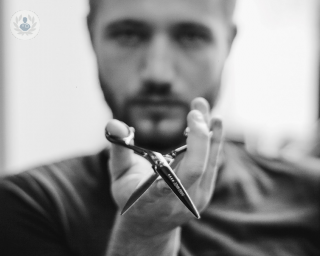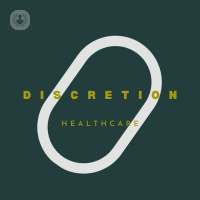Penis disorders
Mr Marcus Cumberbatch - Urology
Created on: 05-18-2017
Updated on: 01-12-2024
Edited by: Carlota Pano
What are penis disorders?
Penis disorders are conditions and diseases affecting the male genital organ. These can negatively affect one’s sexual function and fertility. Penile problems can be both conditions and infections, such as balanitis, phimosis, Peyronie’s disease, candidiasis (thrush), ejaculatory problems or sexually transmitted infections (STIs).

What are the symptoms?
The symptoms largely depend on the type of the condition or disease affecting the penis. The most common symptoms are usually pain, inflammation, itching, erectile dysfunction or trouble passing urine.
How are they diagnosed?
Regardless of the specific problem, you will need to see a specialist for an accurate diagnosis. In the vast majority of cases, an urologist will examine you and may then prescribe further, more specific tests to determine what disease or condition is affecting you and how severe it is.
What causes them?
Penis disorders can be caused by several factors, such as genetic factors, infection, inflammation or environmental factors such as smoking, eating an unhealthy diet and poor hygiene.
How can they be prevented?
Some penis problems can be prevented, such as those caused by an infection or STIs. On the other hand, those caused by genetic factors cannot be prevented, however, early detection may be helpful.
How can they be treated?
Penis problems can be treated either with medication or with surgery.
Which doctor should I talk to?
You should see an urologist for penis disorders.















